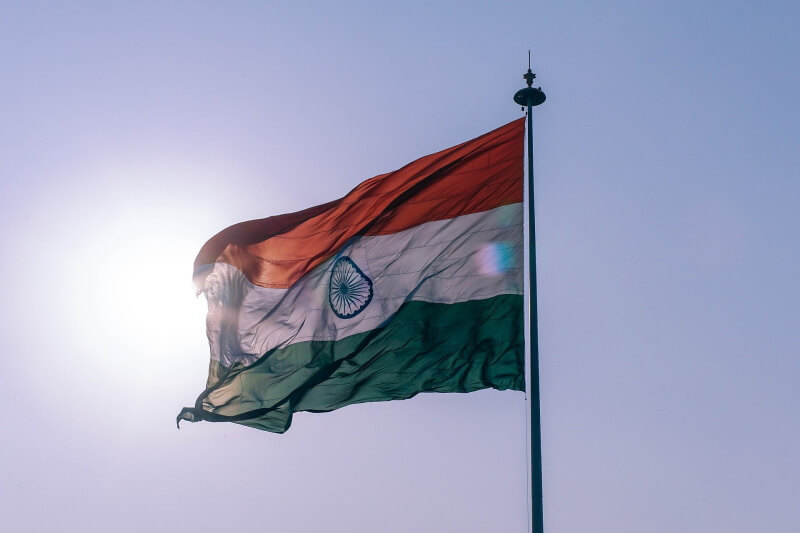Industry experts warn that operators in India face a lack of “clarity” over gaming tax after the topic was left out of the country’s latest Goods & Services Tax (GST) Council meeting.
Indian gaming stakeholders had hoped the Council would reconsider a 28% tax for online gambling, casino and horse race betting. The Council, which announced the tax rate last July, reviewed rates and regulations across various sectors at its meeting on Saturday (22 June).
However during the meeting, Finance Minister Nirmala Sitharaman confirmed the controversial gaming tax “wasn’t up for discussion”.
Tax impact
The unpopular tax is applied to a bet’s full-face value, rather than gross gaming revenue, making it a turnover-based tax.
“There is no clarity or relief regarding the imposition of tax on the entire transaction value rather than just the income of the platform. The heavy taxation is likely to be passed on to the players,” economist and former Indian government official Dr Aruna Sharma told iGaming Business.
“One recourse now is for the Supreme Court to impose GST only on the earnings of the platform, not the money involved in real money games,” she said.
The Supreme Court announced last month that it would hear several petitions from operators contesting retrospective 28% turnover tax demands. The tax regime began in October 2023 and many operators believed a review was promised at the six-month mark.
Clause for relief
However, a new clause that was approved at Saturday’s meeting could provide a degree of respite. Section 11A – if passed by India’s Parliament – would allow companies in different sectors to seek relief from retrospective tax demands.
Last month, the Supreme Court said it would hear multiple petitions contesting retrospective demands from gaming operators.
“The good news is that the tax rationalisation Group of Ministers committee has been reconstituted and may review the tax on online gaming,” Dr Sharma added.
“The amendment in Section 11A now includes a clause that enables the waiver of retrospective tax due to ambiguities for both the State and the Centre. It also allows for the waiver of penalties and interest on retrospective tax dues.”
‘Major disappointment’
On the 28% flat tax rate, however, the gaming industry remains in limbo.
Manish Mishra, Partner of JSA Advocates and Solicitors, described the lack of discussions surrounding online gaming as a “major disappointment”.
Meanwhile, Rajat Bose, partner at Shardul Amarchand Mangaldas & Co Advocates & Solicitors, outlined the industry’s broader concerns to iGB.
“The online gaming industry was eagerly looking forward to the GST council meeting in the hope that their concerns will be addressed by Council,” he said. “However, their issues could not find a place in the agenda. The industry will have to wait until the next meeting to see some kind of clarity on the tax structure especially on retrospective application.”
On the agenda?
There is no guarantee, though, of when the GST Council will address the concerns.
Sitharaman said on Saturday that the GST Council ran out of time to discuss various items on the agenda. She added that those items would be discussed at an upcoming meeting, possibly before the end of August.
However, she also said that the gaming tax “was not on the agenda” of Saturday’s meeting.
Challenge for operators
A new joint report by Ernst & Young and the US-India Strategic Partnership Forum highlights the challenge facing operators.
The report found that the Indian gaming sector has attracted $2.6bn of foreign direct investment since 2019. However, no capital has been raised since the new tax regime was introduced.
“Some companies reported a complete withdrawal of global marque investors just at the onset of the new GST regime,” the report added.
For example, Super Group, which owns sportsbook brand Betway and online casino brand Spin, exited the Indian market last October.
The tax rate marked the second major change to India’s online gambling market last year. In January 2023, the Indian government published new rules to regulate online gambling.

